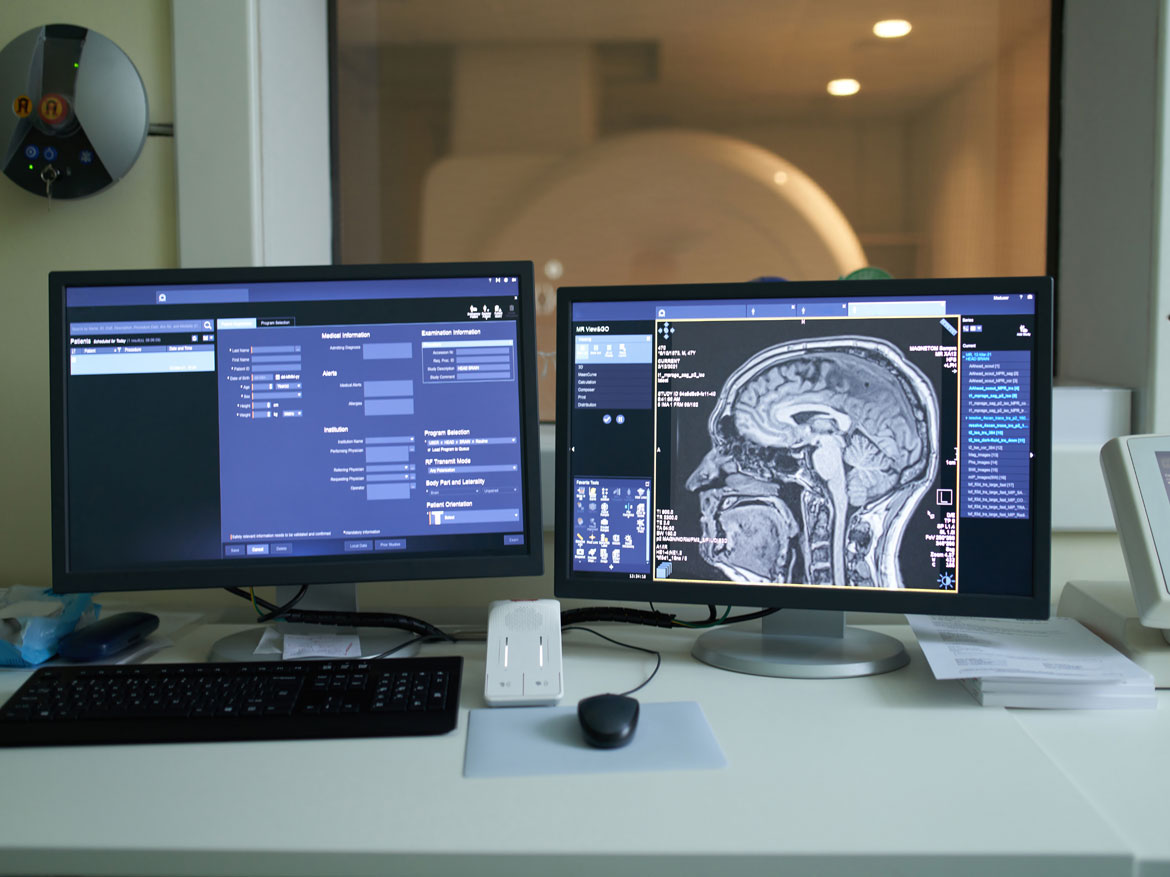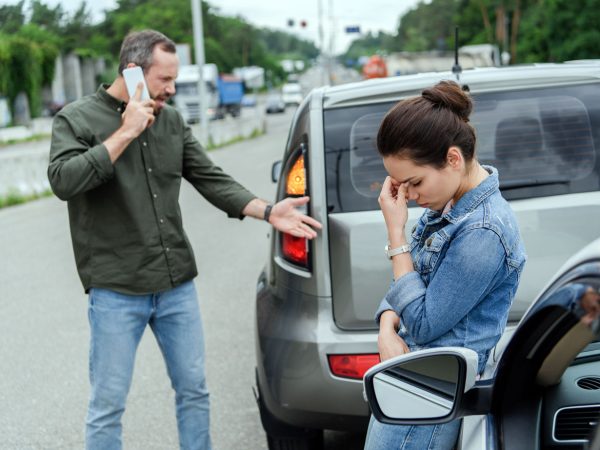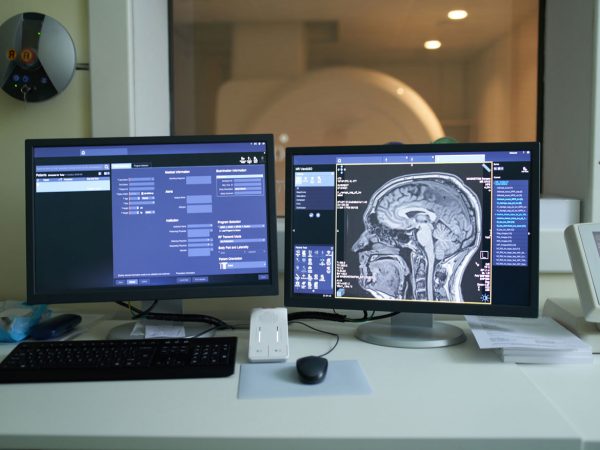
How to Evaluate Traumatic Brain Injury (TBI) Cases after an Accident?
How to Evaluate Traumatic Brain Injury (TBI) Cases after an Accident?
Your brain suffers severe damage when it hits against the skull. It most likely happens when you have met with an accident or fall. Brain damage can affect the normal functioning of your brain, affecting your lifespan, consciousness, ability to think and concentrate, and mobility. Confusion and disorientation are most commonly found in people who have sustained a severe brain injury after an accident. Let’s see what TBI is and how you can claim your compensation for sustaining a brain injury from a crash.
What is TBI? Who is Prone to this Injury?
Traumatic Brain Injury (TBI) can penetrate your skull, damaging the brain partially or completely. Take a gunshot, for example. Other injuries are non-penetrating and might affect the outer portion of the skull only. The treatment for TBI varies depending on the injury you have sustained. However, any kind of brain injury can have a lifelong impact on your health. It can interfere with your routine tasks or might lead to death.
Anyone who experiences a car crash, a motorbike accident, or a severe fall can get TBI. People above 65 are more prone to this injury since they are more likely to lose balance and fall. In addition, athletes and people involved in physical activities are at higher risk of getting brain injuries. For example, police, construction workers, and military people might develop a traumatic brain injury due to a penetrating or non-penetrating wound.
How to Prove a TBI after an Accident?
The biggest issue with an injury involving your head is the diagnosis. The doctor will monitor the symptoms to get a better idea of the type and severity of the injury you have sustained. If the neurologist suspects TBI, they will order a complete set of tests that will identify the areas affected. Unfortunately, the patient can’t file a claim until diagnosis. You don’t get the compensation until your test reports, and the lawyer proves a brain injury due to an accident.
Let’s check out the list of evidence you will need for proving traumatic brain injury.
Evidence for Traumatic Brain Injury
Your insurance provider or the court will need evidence other than your medical reports to accept your claim. A brain injury attorney in Los Angeles will help you collect the necessary evidence supporting your case. Usually, the investigators visit the accident site, check the surveillance systems, and collect other items from the spot.
A helmet could be really helpful if the patient was on a motorcycle. The purpose of a witness isn’t only to verify that the injury is caused by an accident, but it shows how the patient acted immediately after the accident. If the patient got unconscious immediately after the crash, the investigators might have to contact the hospital to collect more information.
Patient’s Medical History
The defense can use the patient’s medical history to prove their case. For instance, if the person’s history shows the record of a traumatic brain injury before the accident, they might use it as evidence that the patient hasn’t sustained any additional injury from the accident. An injury lawyer will not only prove that the accident caused a TBI, but they will also collect evidence showing that the accident led to further disability in patients with brain ailments.
Work History
A brain injury affects your personal and professional life to a great level. The patient might be unable to perform work like usual. Your lawyer will work with your employer and co-workers to prepare evidence proving your inability to resume your work after the accident.
Medical Reports
Your diagnosis report is the first thing the insurance company or the court will consider as evidence for TBI. Here’s what you will need:
- CT Scans: Internal bleeding, fractures in your skull, and inflammation are a few things a CT scan can disclose. Note that CT scans cannot identify a concussion. Besides, if it is a mild TBI, the reports will show your brain functioning as normal. However, a CT scan is required for filing a claim.
- MRI: If the patient experiences symptoms of a traumatic brain injury, the doctor might order an MRI to get a clear picture of the damages to the brain cells and tissues. This is a comprehensive report showing even the slightest disturbance in your brain. An MRI can show the presence of iron, which indicates internal bleeding. Now that new types of this image testing have been launched, it has become a lot easier for doctors to detect TBI. Make sure you choose an attorney aware of the latest innovations in MRI to make your case appear stronger. You can also consider functional MRI to understand the damages to the front lobe.
Other than these, you can use Positron Emission Tomography and SPECT Scan for the evaluation of your brain functioning after an accident.
Defense Case
The defense attorney can use social media to prove that your claims are not in line with the injuries you have disclosed. Since Instagram, Facebook, and other social sites are used for sharing your day-to-day events, this can be used against you. They might spy on you to know if you have sustained the injuries you claim and whether you are as disabled as the medical reports and other evidence suggest. You may not have posted anything on your social accounts, but the defense lawyer can use facial recognition to identify you in others’ posts.
Any social, work, or personal activity can be used as evidence against your claimed disabilities. Although most TBI patients do not lie when disclosing their brain injuries, some do. So, there is a chance the jury will not accept your compensation claim or any request. Having the best TBI lawyer in Los Angeles on your side means you won’t have to worry about the defense lawyers. Your attorney will take care of the accuracy of the evidence.
Complications of a Traumatic Brain Injury
Symptoms like internal bleeding and damage to the brain tissues often go unnoticed until they get severe. Doctors attend to other visible injuries after an accident. However, TBI must be diagnosed and addressed as soon as possible to prevent damage to your brain functioning and other vital organs. A neurologist orders a series of tests to determine your head injury if there’s a penetrating wound on your skull. These tests show the damage to your brain, affected tissues, and other problems. TBI can pose a threat to your life if left unattended for long. Here are a few complications a traumatic brain injury patient experiences after a crash.
- Dementia: people with a single injury or multiple TBIs are at higher risk of getting inflicted with dementia later in their lives. In fact, these people have a 24% higher chance of developing dementia. The risk increases if you experience more injuries.
- Cholesterol and Respiratory Diseases: an injury to your brain doesn’t only affect your concentration, thinking, and memory. TBI can affect the pituitary gland, which in turn causes thyroid problems. It also leads to cardiovascular diseases, such as high cholesterol and respiratory problems.
- Memory Problems: People who’ve sustained a serious brain injury might suffer from short-term memory loss. They might remember the events that happened in the past but have a hard time recalling the recent events. This also means they may not remember the details of accidents. It can create legal issues since the patient will be unable to describe the events that led to the crash and what happened after that. It also makes it difficult for the patient to remember their medical appointments and routine tasks.
- Sleep Disorders: Nearly 60% of TBI patients are likely to experience sleep disorders because of the brain injury interfering with the internal clock. The problem escalates with age, especially in women. You might experience difficulty falling and staying asleep, sleepwalking, fatigue, daytime sleepiness, restless leg syndrome, and other disorders.
- Mood Swings: Everyone experiences mood swings at some point in their lives. It is an emotional rollercoaster that causes sudden changes in your mood. One minute you are feeling elevated, and the next minute you are upset. However, mood disorders are three times more likely to occur in TBI patients than normal people. It happens when the part of your brain responsible for managing your mood is damaged. Therapies can help you deal with mood swings.
How a Brain Injury Lawyer Can Help?
Make sure the defense will collect evidence against your case. It’s important that you hire a professional attorney who specializes in brain injury or accident laws. The lawyer collects the necessary evidence, as mentioned before.
They represent you in the court and help you get maximum compensation for the physical and financial damage you’ve suffered.
Call LA Personal Injury Attorneys, a top brain injury lawyer in Los Angeles, California to help you or a family member with a Traumatic Brain Injury (TBI).


